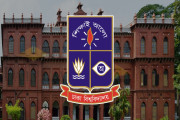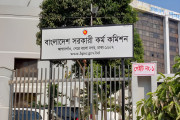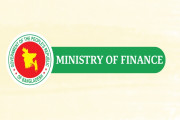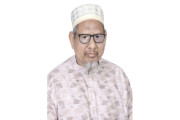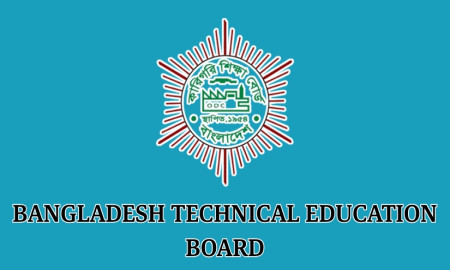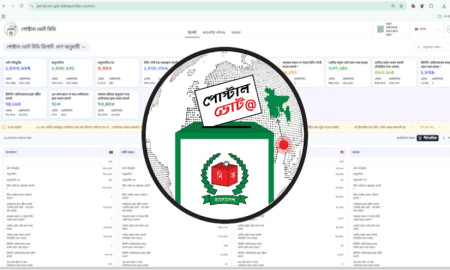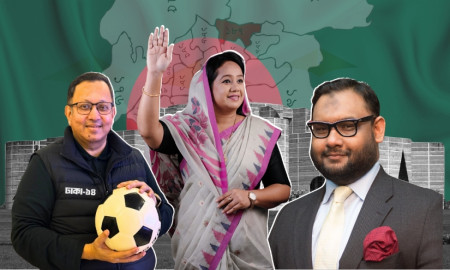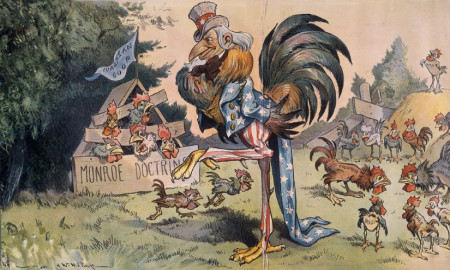Chatra Dal Prioritizes Regular Students in Leadership Amid Upcoming Student Union Elections
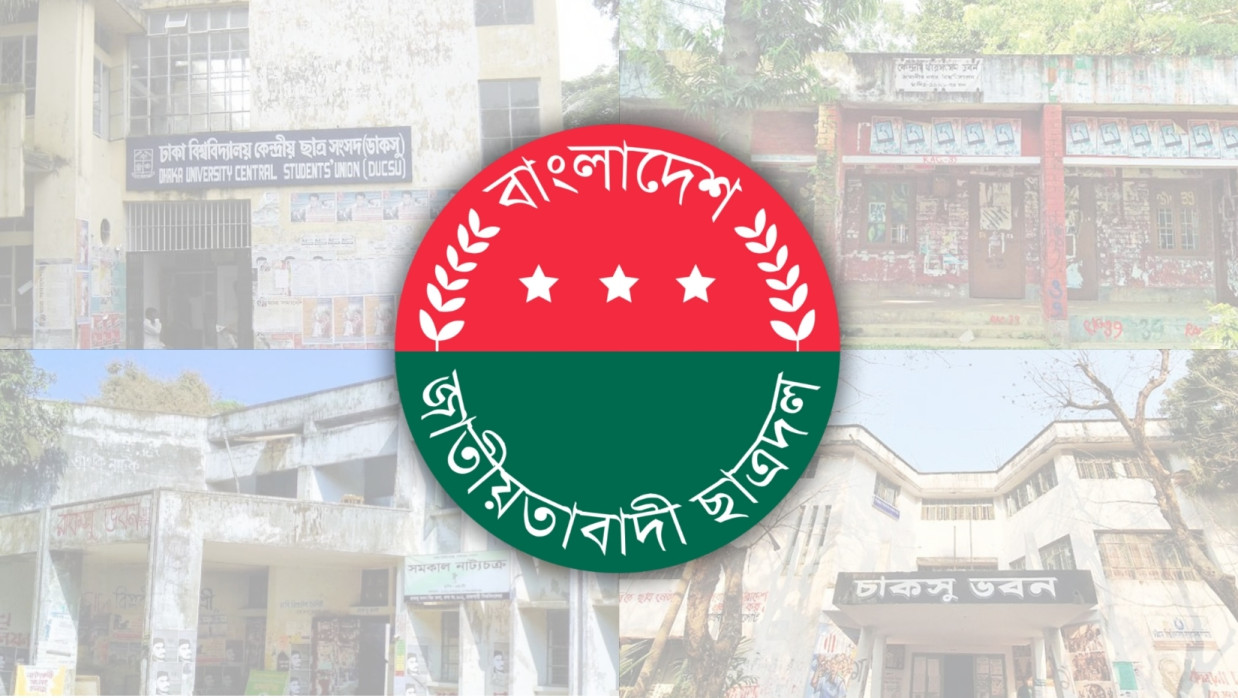
In a notable shift, Bangladesh Jatiyatabadi Chatra Dal (Chatra Dal), the student wing of the Bangladesh Nationalist Party (BNP), is increasingly emphasizing the inclusion of regular students in its leadership positions, particularly in campus committees, as student union elections loom across various universities.
This development comes amid longstanding criticisms regarding the appointment of non-students or irregular members to key roles in student organizations. Critics have often questioned how individuals without active student status secure positions in educational institution committees. However, following the events of August 5, there has been a discernible trend towards prioritizing those with valid student status, especially for participation in elections such as the Dhaka University Central Students' Union (DUCSU).
Analysts view this change positively, suggesting it aligns with the requirements of university regulations that mandate candidates and voters to be enrolled students. Consequently, Chatra Dal is adapting its strategy to select leaders who meet these criteria, aiming to compete effectively with other student bodies like Chhatra Shibir and Bangladesh Gonotantrik Chhatra Songshad, where regular students predominantly hold leadership roles.
Sources within the organization indicate that senior leaders, whose student days ended 10-15 years ago, are expected to transition to affiliate bodies such as Jubo Dal or Sechchasebok Dal. This move is reportedly supported by BNP's high command, which seeks to dispel perceptions of "aged" leadership in the student wing.
In the lead-up to the latest DUCSU elections, Chatra Dal held multiple consultations with BNP's acting chairman Tarique Rahman to finalize its panel. Despite interest from several senior figures, including the president and general secretary of the Dhaka University (DU) unit, the organization opted for comparatively junior, regular students.
The selected panel includes Abidul Islam Khan, joint general secretary of DU Chatra Dal (2015-16 session), for the vice-president (VP) post; Tanvir Bari Hamim, convener of Kabi Jasim Uddin Hall Chatra Dal (2018-19 session), for general secretary (GS); and Tanvir Al Hadi Mayed, convener of Bijoy Ekattor Hall Chatra Dal (2018-19 session), for assistant general secretary (AGS).
A second-tier leader from DU noted some internal unease, pointing out that even Abid is senior compared to VP candidates from other panels. Nonetheless, the decision is framed as serving the broader interests of the organization.
This approach extends beyond DU. In Jahangirnagar University (JU), a convening committee announced in January featured leaders from the 2009-10 and 2010-11 sessions, whose regular student status lapsed 6-7 years ago. Similarly, at Rajshahi University (RU), the recent committee includes a president from the 2008-09 session and a general secretary from 2011-12.
At Islamic University, the 2021 convening committee appointed leaders from 2007-08 and 2011-12 sessions, both long past their student tenure. In DU itself, the March 2024 committee named Gonesh Chandra Saha (2010-11 session) as president and Nahiduzzaman Shipon (2011-12 session) as secretary.
Chatra Dal's central general secretary, Nasir Uddin Nasir, told The Daily Campus: "Considering the demands in educational institutions, we are striving to form committees with regular students. This trend will continue in the future. However, in places like DU, JU, and RU, seniors were retained. I hope positive changes based on needs will come soon in these institutions as well."
He added that over the past 16 years, under what he termed a "fascist regime," timely committee formations were hindered, leading to many dedicated workers missing out on recognition. Future committees at district, upazila, and municipal levels will blend such committed individuals with regular students.
The shift is also influenced by post-July uprising dynamics, where other organizations have restructured with regular students, prompting BNP to follow suit to maintain relevance.
Political analyst and Dhaka University political science professor Mohammad Ainul Islam described the move as encouraging: "The demand for students to lead student organizations has been longstanding and has intensified post-July uprising. I see this as a positive step by Chatra Dal and others. It will play an effective role in upholding students' rights and evolve into a healthy practice."

